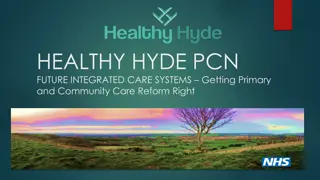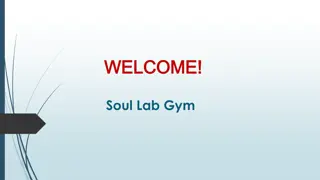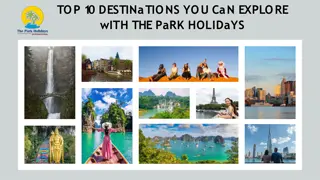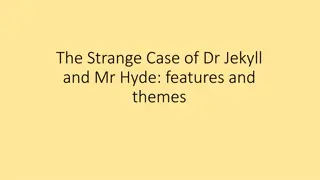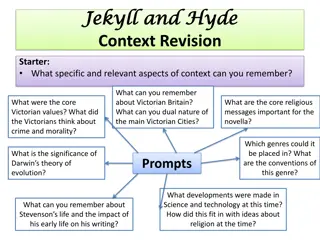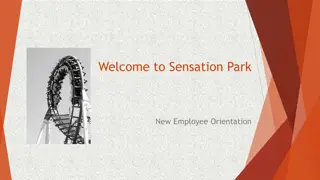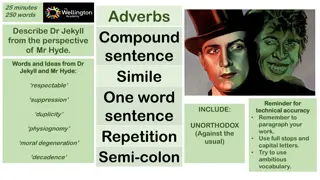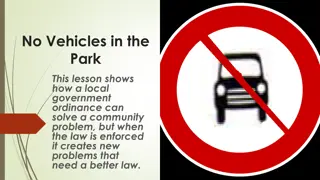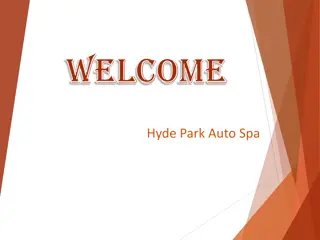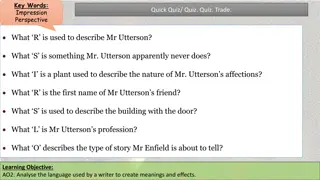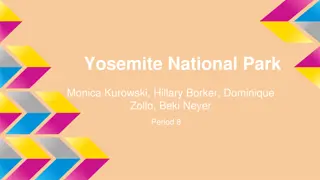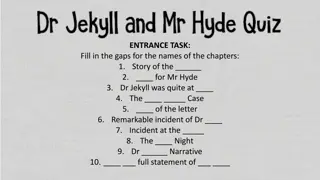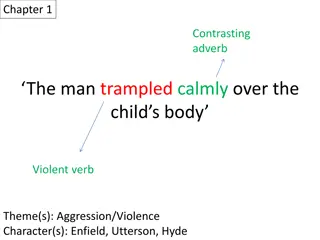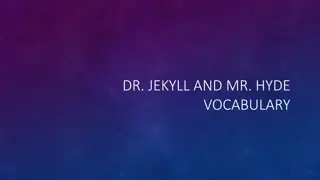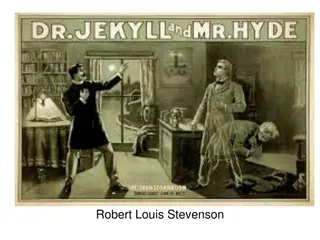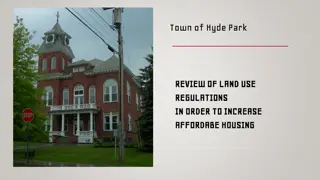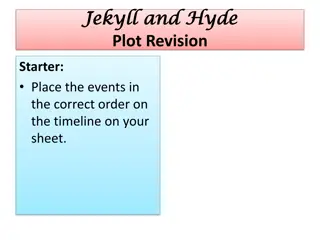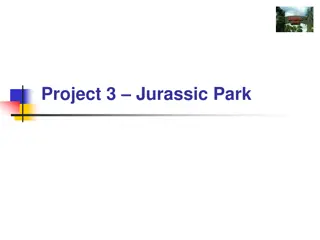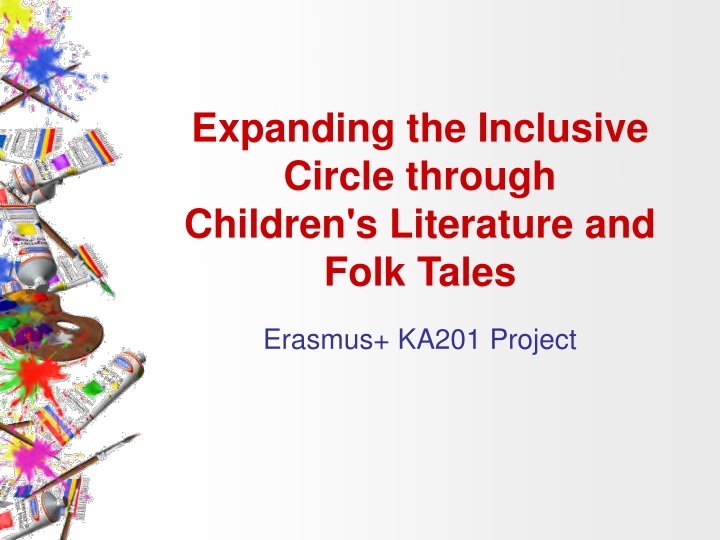
Expanding the Inclusive Circle through Children's Literature and Folk Tales
This Erasmus+ KA201 project focuses on developing inclusive school environments through storytelling, creative activities, and blending modern with traditional teaching methods, involving teachers, students, and parents to promote a culture of inclusiveness and diversity.
Download Presentation

Please find below an Image/Link to download the presentation.
The content on the website is provided AS IS for your information and personal use only. It may not be sold, licensed, or shared on other websites without obtaining consent from the author. If you encounter any issues during the download, it is possible that the publisher has removed the file from their server.
You are allowed to download the files provided on this website for personal or commercial use, subject to the condition that they are used lawfully. All files are the property of their respective owners.
The content on the website is provided AS IS for your information and personal use only. It may not be sold, licensed, or shared on other websites without obtaining consent from the author.
E N D
Presentation Transcript
Expanding the Inclusive Circle through Children's Literature and Folk Tales Erasmus+ KA201 Project
Aim of the Project This project aims to present an ambitious argument with a vision of developing inclusive schools as an alternative to education called 'mainstreaming', which cannot go beyond an unhealthy understanding of inclusion and is widespread in schools all over the world today. 2
Methods In this project, it is aimed to create an inclusive primary school curriculum through storytelling, creative drama, art therapy, tale therapy, Kamishibai technique, creative writing and discussion to support the development of school environments that do not distinguish children on the basis of individual differences. 3
In the project, modern / digital teaching methods will be blended with traditional / ancient teaching methods. The circle of inclusiveness will be widened by the continuation and collaboration of ancient cultures. 4
Participants The requires a continuous program that includes teachers, students, school staff and parents, aims to change the school culture, is integrated with educational programs. Different inclusive education models are used in the countries that are partners in this study. Two universities and four public-primary schools will participate in the project. inclusive education approach 5
Basic principles of inclusive education Six themes were identified that reflect the basic principles of inclusive education. These themes are: (a) emotions (b) individual differences and diversity (c) cultural differences and identity, (d) migration and refugee, (e) prejudices and stereotypes, and (f) respect for nature and living things. 6
The scope of this project Within the scope of this project, education programs modules will be developed for the 4th and 5th grade students by using children s literature and folk tales. 4-month modules will be prepared for each theme. 7
Expected Outcomes It is hoped that the project will support both the development of manual skills, the increase of artistic sensitivity and the understanding of the inclusive nature of traditional games. 8
At the end of the project, it is aimed to develop an inclusive primary school education curriculum and to write e-books. The e-books written by the participating students will be translated into the languages of the project partners and English and shared online. 9
We are looking for partners If you want to be a partner in our project, we can share the detailed timetable. 10

